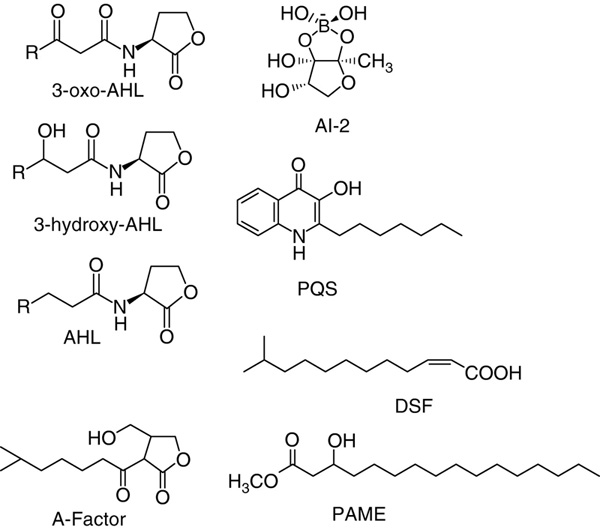In most pathogenic bacteria, virulence is co-ordinately controlled at the population level through quorum sensing (QS), a global cell-to-cell communication system employing diffusible signal molecules. P. aeruginosa strains with mutations in the Pseudomonas Quinolone Signal (PQS) QS pathway are avirulent in experimental animal infections. The goal of this project is to optimise hit compounds and peptide nucleic acids (PNAs) identified previously which target PQS biosynthesis and/or PQS signal transduction. These hits have been shown to render P. aeruginosa avirulent and to sensitize biofilms to the action of antibiotics. This will be achieved by improving (a) their physicochemical properties without the emergence of cytotoxicity, and (b) delivery to the site of infection. These studies will be performed using a combination of in vitro virulence and biofilm bioassays alongside experimental animal lung infection models. The lead compounds developed by SENBIOTAR will also have significant potential for the treatment of wound, bloodstream and medical-device associated infections caused by P. aeruginosa.
Reducing P. aeruginosa virulence through novel target inhibition

Funded by
Collaborators
- Miguel Camara (Project leader), University of Nottingham, UK;
- Peter Neilsen, University of Copenhagen;
- Christel Bergstrom, Uppsala University

